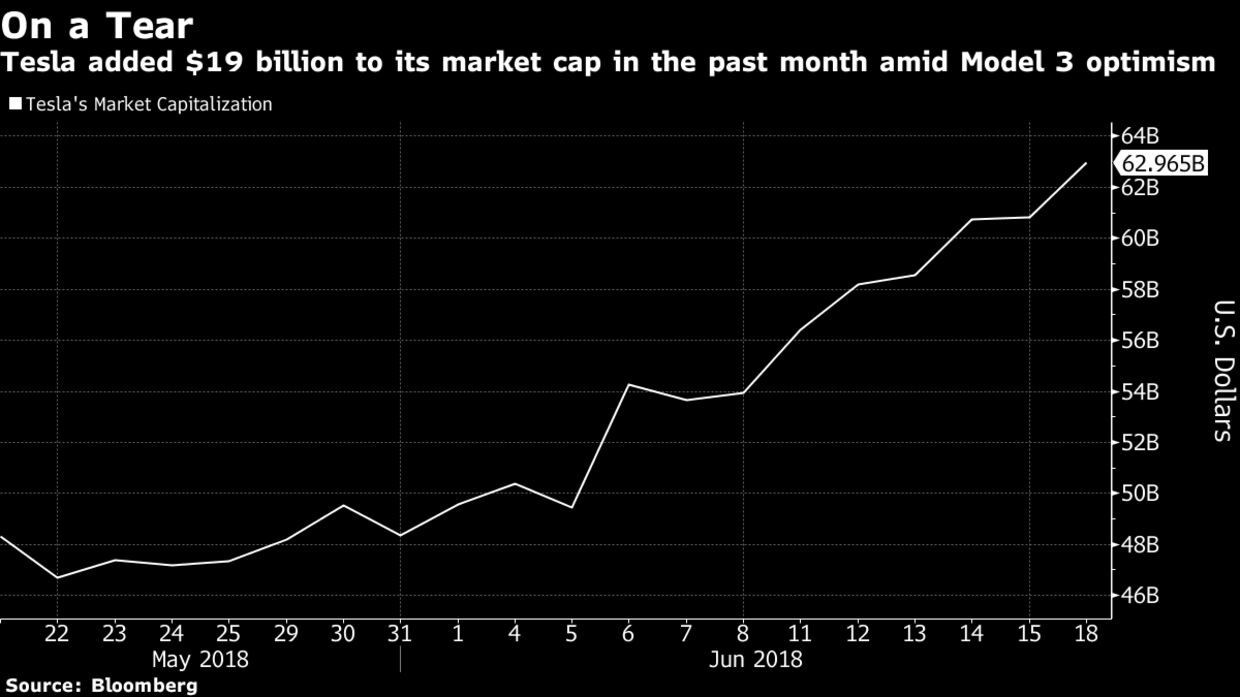Also see Twitter, Facebook launch tools to track advertising (Reuters), which notes "Google has vowed to launch a similar transparency center for political ads on its services this summer. It declined to share additional details this week."
"Social media companies, stepping up efforts to stop disinformation on their online platforms ahead of this year’s midterm elections, unveiled on Thursday new tools aimed at improving transparency around advertisements.Facebook and Twitter Expand Peek Into Who’s Behind Their Ads -- NYT
In simultaneous announcements, Facebook and Twitter said they were broadening efforts around public, searchable archives of ads that run on their sites."



/cdn.vox-cdn.com/uploads/chorus_asset/file/11515649/media_landscape_June_11_2018_01.png)
